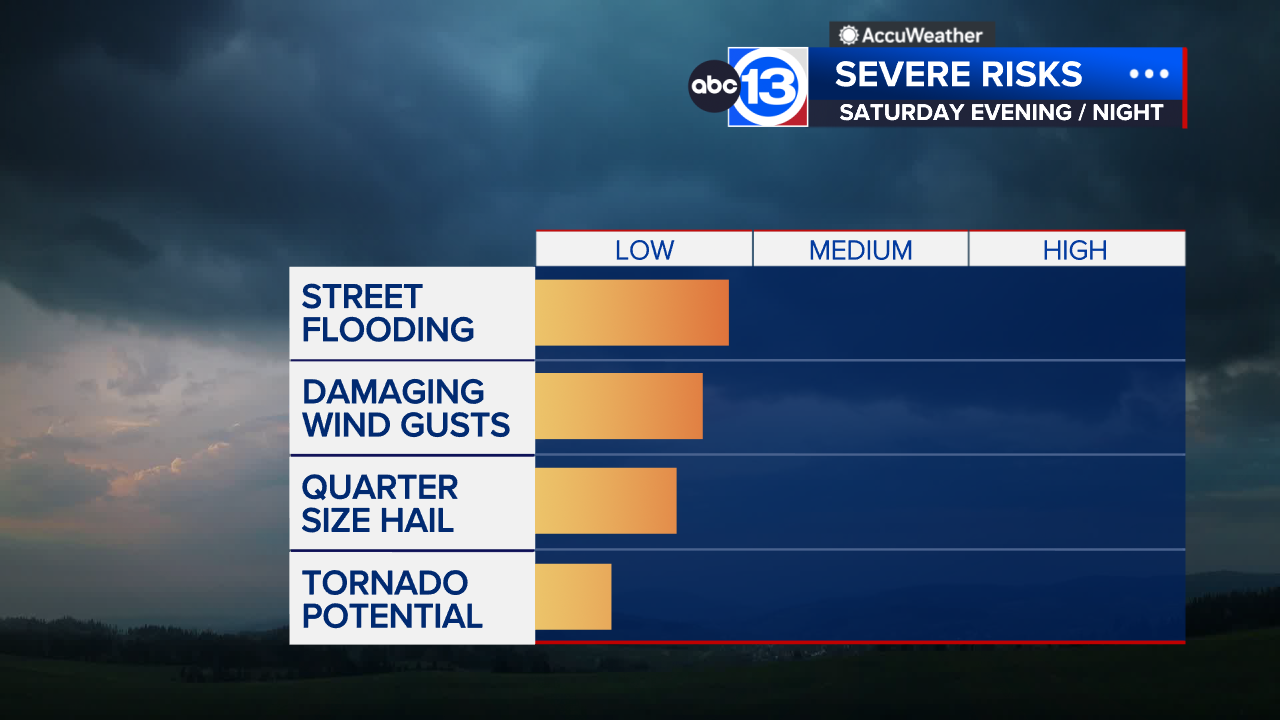Surge in COVID-19 testing means delayed results for many people

HOUSTON, Texas (KTRK) -- As more and more people are getting tested for COVID-19, the test results are taking longer to get back. But that's not the case for all tests. Some get completed faster than others.
Look at any testing site and you'll find long lines. Many of the locations run out of tests long before their appointed closing time. There are public options and private ones. At AFC Urgent Care, they run COVID tests all day long, every day.
"We usually take the first 50 patients," said AFC Center Administrator Shannan Monroe. "They come and get a number and then we'll call them when we're ready for them. "
Monroe told ABC13 those with positive results tend to find out sooner than those who test negative. And testing at hospitals takes precedent over those from private clinics.
"Ones who have insurance, it'll take a little bit less time," she said. "Those who don't have insurance, because of the CARES Act, they're taking a little bit longer, maybe 5-10 days."
RELATED: Delays in COVID-19 testing results become 'dangerous' for some

AFC uses three different testing companies including the two largest, LabCorp and Quest. Both of those companies told ABC13 they also prioritize tests and they're doing what they can to keep the wait to a minimum.
Quest Diagnostics said they're analyzing 125,000 tests per day, which is double the number in April, and hope to reach 150,000 per day by the end of the month.
LabCorp told ABC13 they're running 130,000 tests a day and hope to reach 150,000 by the end of the month.
Quest also tells us that testing for COVID is not impacting their ability to run other tests. There is no delay in those efforts, despite the gargantuan task of processing coronavirus tests.
There are, however, things we can do to help with the surge.
Dr. Jospeh Petrosino at the Baylor College of Medicine said just as following hygiene protocols can lessen your risk of getting the illness, it can also ease the stressors on testing.
"Wearing masks, socially distancing, washing your hands, just like they can help us reopen businesses effectively, can help us to where we can go back to school effectively," he said. "It would lower the burdens on the healthcare system, including the testing pipeline."
What do you do if you're waiting for results? Dr. Petrosino said if you have symptoms, behave as if you're positive. Isolate from others who aren't sick. And if you don't have symptoms, still practice social distancing, hand washing, and wearing masks.
Also, if you have not been exposed to someone who is positive and you show no symptoms, consider putting off getting tested until the curve has flattened. That, too, will ease the burden and shorten the wait times for results.









